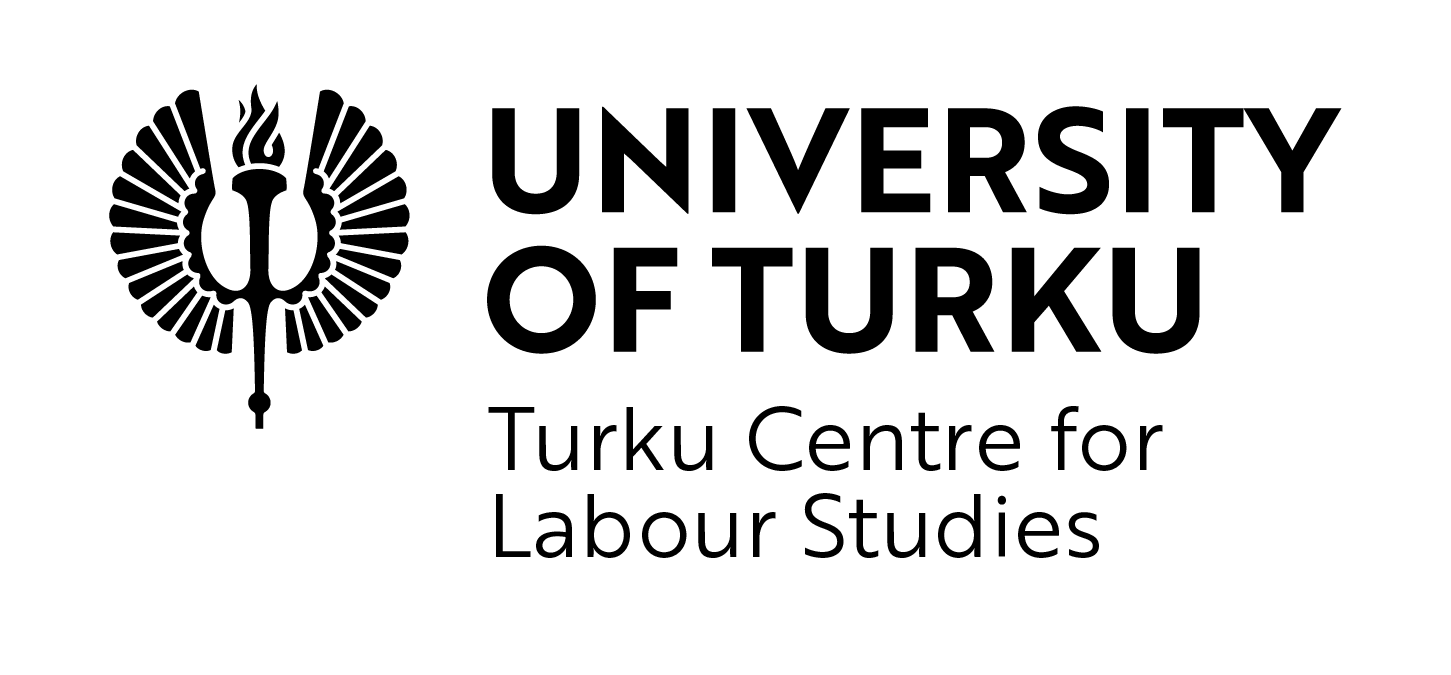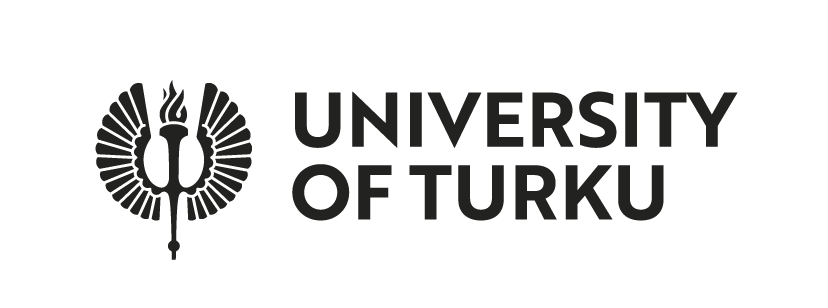Thank you for attending the second WORK2021 Virtual Meeting, October 13–14, 2021
In case you did not have time or possibility to follow the whole of the WORK2021 II programme, here are a few highlights of the conference. With two prominent keynotes by Dr. Ustek-Spilda from Fairwork Foundation and Dr. Uma Rani from ILO, the second WORK2021 wanted to focus on the global aspects of the recent rise of platform work and digital labour.
Highlights of WORK II Conference: Work beyond Crises
Many of the paper presentations and discussions in the research streams in the second WORK2021 conference revolved around the challenges the COVID-19 pandemic has brought to working lives, personal lives and overall development of future work during and after pandemic. The questions of post-pandemic global working life were also present in the two plenaries as well as in the several papers presented in different research streams.
Altogether 60 presentations were held in the multidisciplinary streams during the conference. The themes of the presentations covered aspects and scenarios concerning the sustainability issues in working life, gender inequalities in the platform economy and in research and innovation work in academia, education in the frame of future work, digital labour platforms from various perspectives, and care workers in technological change, to name a few. The abstract book is available for all participants and is well worth looking into. The wider audience will have access to the conference abstract book in December, prior the WORK III conference, which is held in 8-9 December 2021.
The programme hosted two keynote talks by Dr. Funda Ustek-Spilda on fair work in the gig economy and covid-19, and by Dr. Uma Rani on role of digital labour platforms in transforming the world of work. In the following some highlights from both keynotes. With these highlights we welcome you to the third WORK2021 conference in December – with new aspects of Work Beyond Crises!
The WORK2021 organizing team
Towards fairer platform work in post-pandemic working life
In her keynote, After Covid-19: Fairwork in the gig economy, Dr. Funda Ustek-Spilda addressed the questions of how the gig economy model works, who are the workers in this global digital economy, and how did the Covid-19 pandemic effect on them. Dr. Funda Ustek-Spilda is a postdoctoral researcher and project manager at the collaborative Fairwork Foundation, based at the Oxford Internet Institute, University on Oxford. Postdoctoral researcher Dr. Kelle Howson from the Fairwork Foundation, Oxford University chaired the keynote.
One of the effects of the global pandemic, according the Fairwork Foundation recent research, is that it made many issues in the platform work more visible and even more urgent to solve, Ustek-Spilda noted. For example, even before the outbreak of the Covid-19, the classification of platform workers as independent contractors or self-employed individuals and their consequential exclusion from key rights and benefits were issues that were highly contentious among platform economy stakeholders, she mentioned.
As one result of being excluded from the key benefits, when classified as self-employed, for example, few platform workers could fall on full back on social safety nets in the midst of national lockdown and economic contraction. During the pandemic it has become more clear, that digital labour platform model has transferred many of the risks in the economy to the platform workers alone to carry, despite the inevitably vital role these workers have in many economies. “The pandemic crisis made it undeniably clear that the fact that labour performed via labour platforms, such as shopping, delivery, transport, care work, is essential to maintaining not only our economies but the everyday life of our communities”, Ustek-Spilda stated. The non-triviality of platform work globally pushes us to re-think the concept of work as well.
It is difficult to estimate, how many gig workers in the platform economy globally are, and the estimates vary, depending on the definitions and data used (online profiles, taxation reports, company reports, etc.). Dr. Ustek-Spilda took up the issue that platforms do have the information of their own registered workers, but they rarely share it with researchers or public officials.
In a recent study, Fairwork Foundation did over 400 interviews in 24 countries across the world, and in addition carried several focus groups with platform workers and platform managers, in order to understand and improve the working conditions of the platform workers. The analyses have given sufficient ground for the Fairwork Foundation to establish five principals of Fairwork. The five principals relate to payment, working conditions, contracts, management and representation. In the research of Fairwork project, the platforms are rated according to these principals. Fairwork analyzed 195 platforms globally. The results show, that in terms of:
- Fair pay: only 10 % of platforms provided pay loss compensation for workers. Workers were often classified as independent contractors, but with a very limited power to negotiate rates.
- Fair conditions: contactless delivery, hygiene guidance and PPE policies were very common, but all workers were not able to access these free-of-charge. The workers suffered physically and mentally amplified by covid-19.
- Fair contracts: the workers are often misclassified as independent contractors, with very little power over the international platforms. In the beginning of the pandemic, some platforms made the workers sign a contract that sick leave would not entail a change in their terms of work.
- Fair management: women and ethnic minorities face particular risk of bad ratings and being excluded. Often, there is no recourse if discrimination has occurred.
- Fair representations: One of the key findings is that positive policies are absent.
Dr. Ustek-Spilda presented also the action work of the Fairwork Foundation project: to widen the impact, Fairwork Foundation campaigns to leverage the power of organizations’ policies for the fairer platform work. “Organisations like universities, can make a difference by supporting the best labour practices in the gig economy by following our five principles of fair work and also making socially responsible decisions”, Dr Usktek-Spilda concluded.
International policy dialogue is needed to protect platform workers and businesses
Dr. Uma Rani, researcher, senior economist from the International Labour Organisation ILO held a keynote with the title World Employment and Social Outlook 2021: The role of digital labour platforms in transforming the world of work. Professor Anne Kovalainen from the University of Turku chaired the keynote.
“What we see very clearly is that in the past decade, there has been a fivefold increase of digital labour platforms”, Dr. Rani started her presentation. This increase is largely focusing on online web-based platforms, taxi platforms and delivery platforms. In 2020, 29 % of the platforms were concentrated in the US, 8 % in India and 5 % in the UK. China and Asia are growing when measured with the number of platforms.
Dr. Uma Rani explored among other things the questions of what does the rise of digital labour platforms actually mean for labour markets globally and what explains the growth of platforms. Rani brought up the availability of technical innovations, especially the cloud computing and cloud infrastructure, and the increasing importance of big data and algorithms. The efficient utilization of the big data has attracted venture capital and investors, Rani reminded, accelerating the growth of platforms. This has also led to discussions about the reality of flexibility, freedom and independence as part of the new modes of working. “In reality, do all of this actually exist?” asked Dr. Rani. “Also, the questions of looking in more detailed manner at digital economy and digital labour platforms have grown in importance since the covid-19”, she continued.
“Digital platforms and digital labour platforms are transforming the world of work”, Dr. Rani stated. To understand this transformation process, research conducted by ILO has identified three key aspects, ranging from the algorithmic management practices to creation of dual labour markets. The platforms effect on transforming the ways work gets organized. Dr. Rani reminded us that platforms are shifting the responsibility of e.g. operational costs to workers, e.g. when own internet connections, cars or laptops are used. The dual labour markets at platforms mean that workers employed by the platform, and workers, that are mediated by the platform, are treated very differently by the companies, Rani underlined.
In her keynote dr. Rani explored the costs of platforms to workers, such as e.g. the commission fees and subscription plans, that can form up to 60 % of the revenue the platforms collects from the workers. The rules of governance are determined by platforms. Often platform work is described as independent and flexible, but this is not the whole truth, Rani stated. The platforms monitor, track and evaluate workers through digital tools and algorithms, and they can one-sidedly force workers to accept terms of using the platform, for example.
The research of the digital platform work conducted in ILO contained surveys and interviews of 12.000 workers in 100 countries. The workers were from location-based and online-based platforms. In addition, ILO project interviewed representatives from 70 different businesses, 16 platform companies and 14 platform worker associations. “It is important to understand, that increasing amount of consumers, workers and businesses are globally utilizing these platforms”, Rani said.
The research results show, that businesses use online web-based platforms for outsourcing and recruitment. Number of surveys, in addition to ILO’s, indicate, that the social protection coverage is poor for majority of workers and digital monitoring is part of the everyday work on the digital labour platforms. “This all affects workers in a psychological level, but also in the ways workers can perform their work”, dr. Rani mentioned.
Despite the fact, that many countries have been active in developing regulation policies for the platform work, the global regulation uncertainty is a major problem. It would be very important to come up with very coherent and coordinated international effort to protect the workers and businesses. “We can achieve this through international policy dialogue and coordination so that international labour standards are applicable to platform work as well”, dr. Rani concluded.

![WORK Thank you [Tallennettu automaattisesti]](https://work2021.fi/wp-content/uploads/sites/7/2021/10/WORK-Thank-you-Tallennettu-automaattisesti.png)


